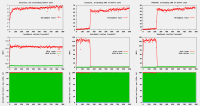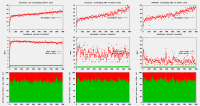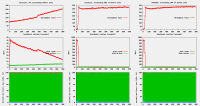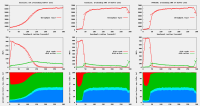Details
-
Task
-
Status: Closed (View Workflow)
-
Major
-
Resolution: Fixed
-
None
Description
When InnoDB starts up, it can be limited by innodb_io_capacity (or innodb_io_capacity_max). Currently, users can increase these temporarily at startup, but this is not ideal, and neither should be left elevated.
Based on the discussion at https://mariadb.zulipchat.com/#narrow/stream/118759-general/topic/InnoDB.20tuning/near/234486913, this task is to add a new parameter for use in buffer pool load (and read-ahead).
Attachments
Issue Links
- is blocked by
-
MDEV-26547 Restoring InnoDB buffer pool dump is single-threaded for no reason
-
- Closed
-
- relates to
-
MDEV-29343 MariaDB 10.6.x slower mysqldump etc.
-
- Closed
-
-
MDEV-9930 Allow to choose an aggressive InnoDB buffer pool load mode
-
- Closed
-




The change (removing the function buf_load_throttle_if_needed()) looks OK to me, but I think that we need to test the performance before applying this change.
I would not target 10.3, but rather 10.5 or 10.6. The buffer pool I/O layer works quite differently before 10.5 switched to a single buffer pool (
MDEV-15058) and optimized the page cleaner thread (MDEV-23399,MDEV-23855).